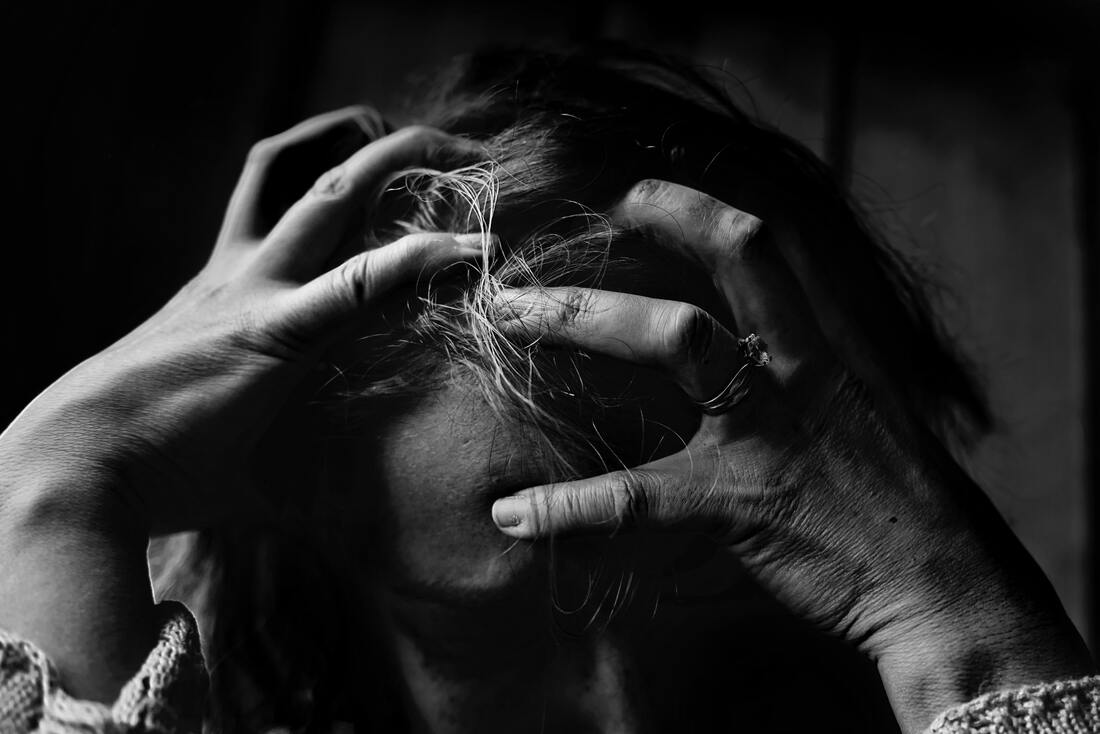|
Phobias are one of the most common disorders. It is estimated that around 4 out of every 100 people develop a phobia in their lifetime. 10 million of these people reside in the UK alone and a large amount of them are women. Is the reason for this external or are women genetically predisposed to have higher chances of this disorder? Women are far more likely to be both mentally and physically abused than men are throughout their life. Victims of abuse tend to develop disorders such as PTSD, panic attacks and of course phobias. All these were twice as likely for women as opposed to men. Abuse can change the wiring of a victims mind even until years after the abuse took place. Around the world, anxiety has taken over approximately 275 million people. 3% of them are male and the other 4.7% per cent are female. These numbers continue to rise every year. Men often feel ashamed to ask for help in moments of great stress so they feel alone, and the stress can evolve into anxiety or social phobia. Undoubtedly there are other stimuli for anxiety, depression and phobia in men, but could their brain chemistry be one of them? In the case of disorders in women, their brain chemistry could very well have a huge role to play. Women, unfortunately, experience an abundance of hormone fluctuations only worsened by stress-which they are more prone to than men, and other factors such as contraceptive pills. Higher levels of oestrogen and progesterone heighten the chance of a phobia or even OCD & fear of untidiness. This often affects pregnant women. Similarly, if the hormone levels the thyroid gland (which regulates mood, metabolism & brain development) is producing is too much or too little for the body, it leads to several disorders. Panic attacks, depression and anxiety are expected when this happens, and they can lead to social phobias.
Whether external or internal factors are to blame, there is still a lot of research that needs to be done on phobias. We only know what increases the chances or triggers these disorders, however, curing them is not as hard as it sounds. If you feel like a phobia is interfering with your life in any way, you can book a free phone consultation or learn more by clicking here.
1 Comment
|
AuthorAdam Cox is the founder of Phobia Guru, Hypnoslimming and Addiction Experts. Based in Harley Street. Archives
March 2019
Categories |
The UK's Leading Expert in Eliminating Phobias, Fears & Anxieties
- Home
-
Phobias
- Animal Phobias >
-
Medical Phobias
>
- Fear Of Blood: Hemophobia
- Fear Of Cancer: Carcinophobia
- Fear Of Death: Thanatophobia
- Fear Of Dentist: Dentophobi
- Fear Of Doctors: Latrophobia
- Fear Of Germs: Mysophobia
- Fear Of Fungus or Mould: Mycophobia
- Fear Of Hospitals: Nosocomephobia
- Fear Of Needles: Trypanophobia
- Fear Of Pain: Agliophobia
- Fear Of Vomiting: Emetophobia
-
Situational Phobias
>
- Fear Of Clowns: Coulrophobia >
- Fear Of Crowded Spaces: Agoraphobia
- Fear Of The Dark: Nyctophobia
- Fear Of Flying: Aerophobia
- Fear Of Heights
- Fear Of Holes: TRYPOPHOBIA
- Fear of Friday the 13th: Paraskevidekatriaphobia
- The Fear of Buttons: Koumpounophobia
- Fear Of Lightning & Thunder: Astraphobia
- Fear Of Loud Noises: Ligyrophobia
- The Fear of Toilets
- Fear Of Men: Androphobia
- Fear Of Public Speaking: Glossophobia
- Fear Of Small Spaces
- Fear Of Water: Aquaphobia
- Fear Of Women: Gynophobia:
- The Fear of Being Pregnant: Tokophobia
- Abstract Phobias >
- Workshops >
- Phobia Cure
- Testimonials
- Press
- Contact
- Blog
- Home
-
Phobias
- Animal Phobias >
-
Medical Phobias
>
- Fear Of Blood: Hemophobia
- Fear Of Cancer: Carcinophobia
- Fear Of Death: Thanatophobia
- Fear Of Dentist: Dentophobi
- Fear Of Doctors: Latrophobia
- Fear Of Germs: Mysophobia
- Fear Of Fungus or Mould: Mycophobia
- Fear Of Hospitals: Nosocomephobia
- Fear Of Needles: Trypanophobia
- Fear Of Pain: Agliophobia
- Fear Of Vomiting: Emetophobia
-
Situational Phobias
>
- Fear Of Clowns: Coulrophobia >
- Fear Of Crowded Spaces: Agoraphobia
- Fear Of The Dark: Nyctophobia
- Fear Of Flying: Aerophobia
- Fear Of Heights
- Fear Of Holes: TRYPOPHOBIA
- Fear of Friday the 13th: Paraskevidekatriaphobia
- The Fear of Buttons: Koumpounophobia
- Fear Of Lightning & Thunder: Astraphobia
- Fear Of Loud Noises: Ligyrophobia
- The Fear of Toilets
- Fear Of Men: Androphobia
- Fear Of Public Speaking: Glossophobia
- Fear Of Small Spaces
- Fear Of Water: Aquaphobia
- Fear Of Women: Gynophobia:
- The Fear of Being Pregnant: Tokophobia
- Abstract Phobias >
- Workshops >
- Phobia Cure
- Testimonials
- Press
- Contact
- Blog



 RSS Feed
RSS Feed